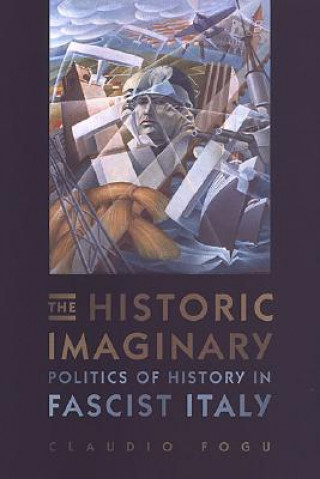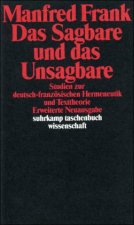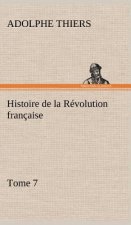
Doručení
Nákupní rádce





Nehodí se? Vůbec nevadí! U nás můžete do 30 dní vrátit
 Dárkový poukaz
V libovolné hodnotě
Dárkový poukaz
V libovolné hodnotě
S dárkovým poukazem nešlápnete vedle. Obdarovaný si za dárkový poukaz může vybrat cokoliv z naší nabídky.
Historic Imaginary
 Angličtina
Angličtina
 253 b
253 b
30 dní na vrácení zboží
Mohlo by vás také zajímat


Focusing on both ritual and mass-visual representations of history in 1920s and 1930s Italy, The Historic Imaginary unveils how Italian Fascism sought to institutionalize a modernist culture of history. The study takes a new historicist and microhistorical approach to cultural-intellectual history, integrating theoretical tools of analysis acquired from visual-cultural studies, art history, linguistics, and reception theory in a sophisticated examination of visual modes of historical representation - from commemorations to monuments to exhibitions and mass-media - spanning the entire period of the Italian-fascist regime.Claudio Fogu argues that the fascist historic imaginary was intellectually rooted in the actualist philosophy of history elaborated by Giovanni Gentile, culturally grounded in Latin-Catholic rhetorical codes, and aimed at overcoming both Marxist and liberal conceptions of the relationship between historical agency, representation, and consciousness. The book further proposes that this modernist vision of history was a core element of fascist ideology, encapsulated by the famous Mussolinian motto that "fascism makes history rather than writing it," and that its institutionalization constituted a key point of intersection between the fascist aesthetization and sacralization of politics. The author finally claims that his study of fascist historic culture opens the way to an understanding and re-evaluation of the historical relationship between the modernist critique of historical consciousness and the rise of post-modernist forms of temporality.
Informace o knize
 Angličtina
Angličtina
Kategorie




 Jak nakupovat
Jak nakupovat


























